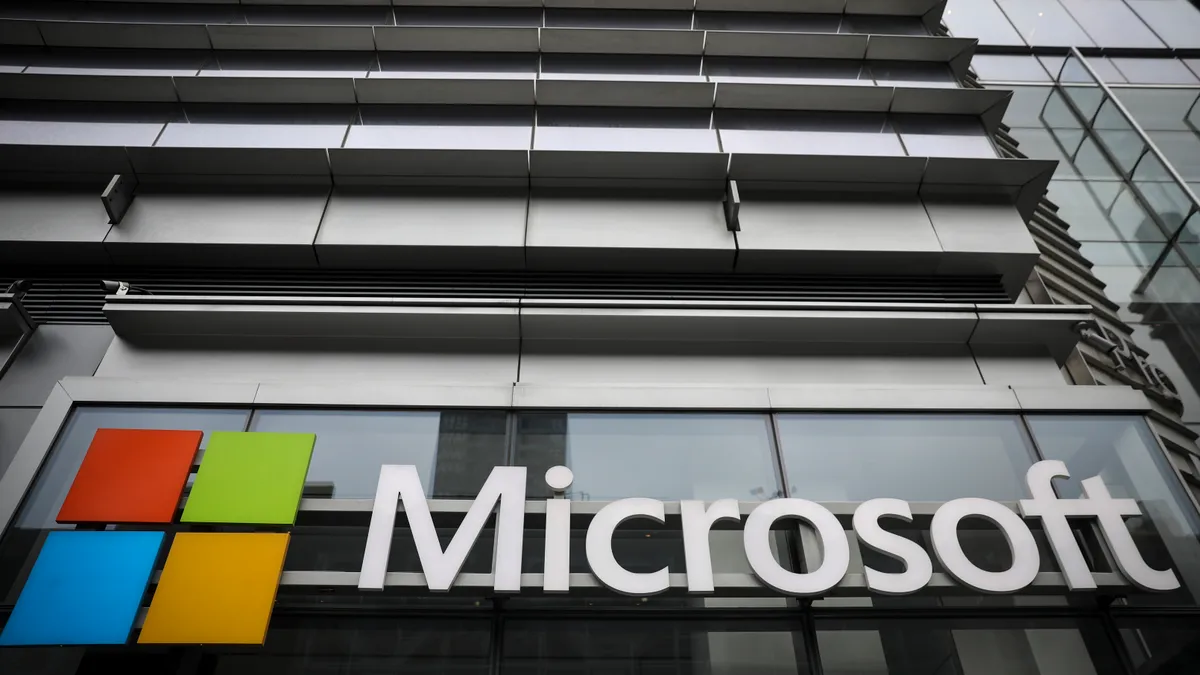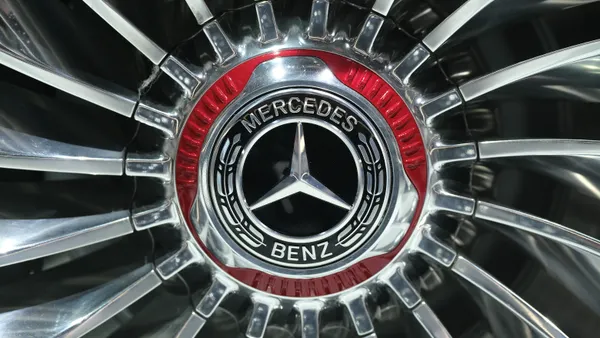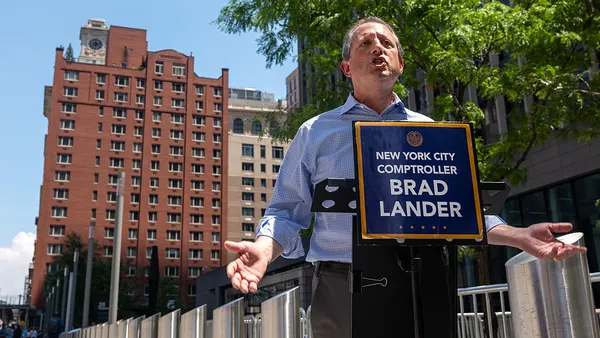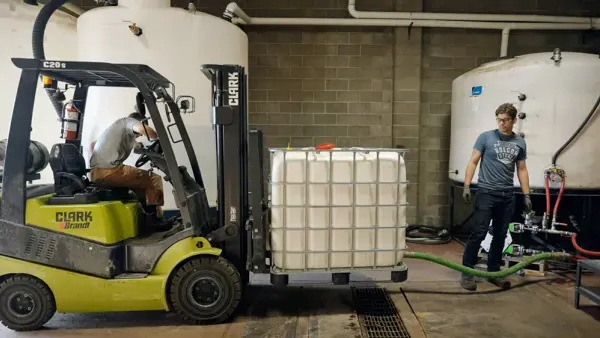Dive Brief:
- Norwegian startup Inherit Carbon Solutions said it inked a deal with Microsoft Monday and would provide the tech giant with permanent carbon removal services through 2028.
- The startup, founded in 2021, employs a different approach to carbon removal by capturing carbon dioxide produced from converting organic food and water waste into renewable energy. This method not only addresses emissions but also contributes to responsible waste management, according to Inherit.
- Inherit’s collaboration with Microsoft will help the software systems company work toward its goals of becoming carbon negative by 2030 and removing all the carbon the company has emitted into the environment since it was founded, either directly or by electrical consumption, by 2050.
Dive Insight:
Inherit said it collaborates with renewable natural gas facilities, such as biogas plants, that not only treat organic waste but also create a source of renewable energy. Energy produced from biogas plants, for example, takes the form of biomethane, which can be used to heat houses, power buses and replace fossil fuels, per the startup.
As the food waste being converted is carbon-rich, CO2 is a natural byproduct from the process, which the startup is then responsible for capturing, liquifying and then transporting to a permanent geological storage unit where it can be kept for over 1,000 years. Carbon dioxide captured using Inherit’s process doesn’t have to be separated from other materials, which is usually the case with most carbon capture solutions.
“This agreement validates the importance of our permanent carbon removal solution and highlights the collective responsibility we share in addressing the urgent challenges of climate change,” Mike Carpenter, Inherit’s CEO and co-founder, said in a press release.
Microsoft has taken other steps to better mitigate its carbon footprint. Last month, the tech company teamed up with the United Nations Framework Convention on Climate Change to create an AI-powered platform and climate data hub aimed at measuring and analyzing global progress in reducing carbon emissions. The platform will provide UNFCCC and its member states tools to report and validate carbon reduction progress across a variety of sectors, including transportation, agriculture and industrial processes.
Despite making strides in its corporate climate mitigation strategy — including reducing its combined scope 1 and scope 2 emissions by 22% in 2022, according to its latest sustainability report — Microsoft has struggled to align its supply chain with its environmental goals.
One of Microsoft’s overseas electronic suppliers, Taiwan-based Chicony Electronics, reported a 230% increase in emissions in 2021, according to a report from The Verge. Further, the outlet concluded most of Microsoft’s suppliers had only increased their emissions since the company announced its goal of becoming carbon negative by 2030 three years ago, ultimately adding to the tech giant’s own scope 3 emissions.










